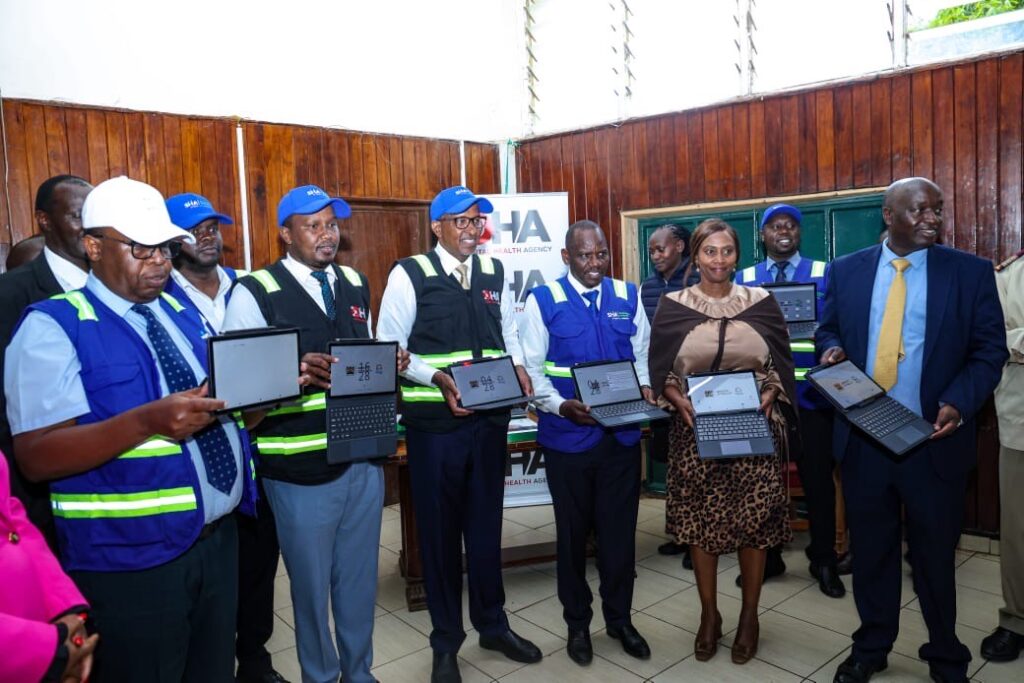Kenya’s health sector is accelerating its shift toward digitisation, positioning technology as a catalyst for improved quality, transparency, and equitable access to care. A major milestone was marked in Uasin Gishu County, where 548 digital devices were handed over to 131 public health facilities to modernise service delivery and strengthen accountability across the healthcare system.
Digitising health services is viewed as a crucial step in eliminating malpractice and entrenched inefficiencies while ensuring that Kenyans can access consistent, quality care. The introduction of these tools is expected to streamline operations in hospitals and clinics, reduce paperwork, and create real-time data systems that improve decision-making at all levels of healthcare management.
In addition to the digital transformation, frontline health workers remain central to the sector’s progress. Community Health Promoters (CHPs) in Uasin Gishu were recognised for their vital role in educating households, preventing disease, and linking families to critical services, especially in remote and underserved areas. These workers act as the first point of contact for many Kenyans, providing health education, guiding preventive practices, and ensuring timely referrals to facilities when advanced care is needed. Strengthening community health has been reaffirmed as a cornerstone of Universal Health Coverage (UHC), ensuring that no one is left behind in accessing essential services.
Alongside digitisation and community health empowerment, investments in medical technology are being scaled up. Through the National Equipment Services Programme (NESP), Uasin Gishu is set to benefit from a transformative upgrade of diagnostic and treatment equipment. This initiative follows a fee-for-service model, which eliminates upfront costs while guaranteeing facilities access to advanced machines such as CT scans, digital X-rays, mammograms, and other lifesaving tools. The arrangement ensures that hospitals and clinics across the county can deliver accurate diagnoses and effective interventions without being burdened by the prohibitive costs of purchasing and maintaining high-end equipment.
These combined investments digital devices, strengthened community health systems, and modernised medical technology represent a comprehensive strategy to build a more resilient and equitable healthcare system in Kenya. By integrating technology with human capacity, the health sector is moving closer to achieving Universal Health Coverage, where every Kenyan, regardless of location or income, can access timely, quality, and affordable healthcare services.

